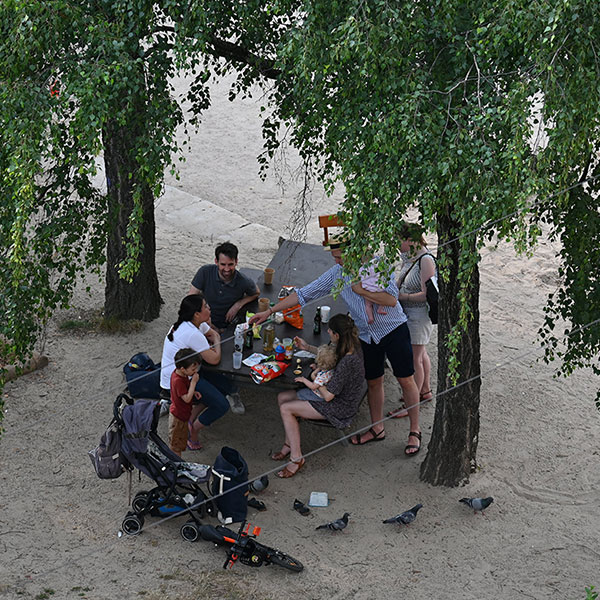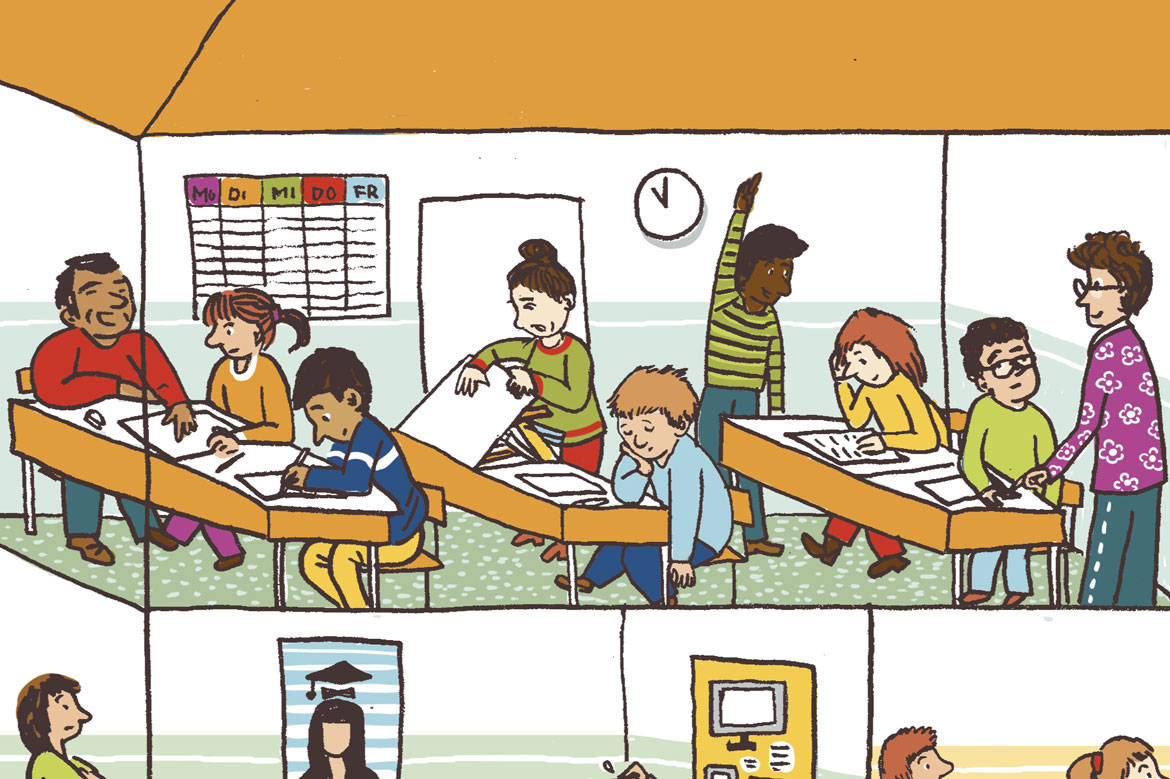
1. Immigrants – School should help to integrate all children. Teachers of German as a second language and experts in inclusive education support immigrant children during their lessons and outside the classroom.
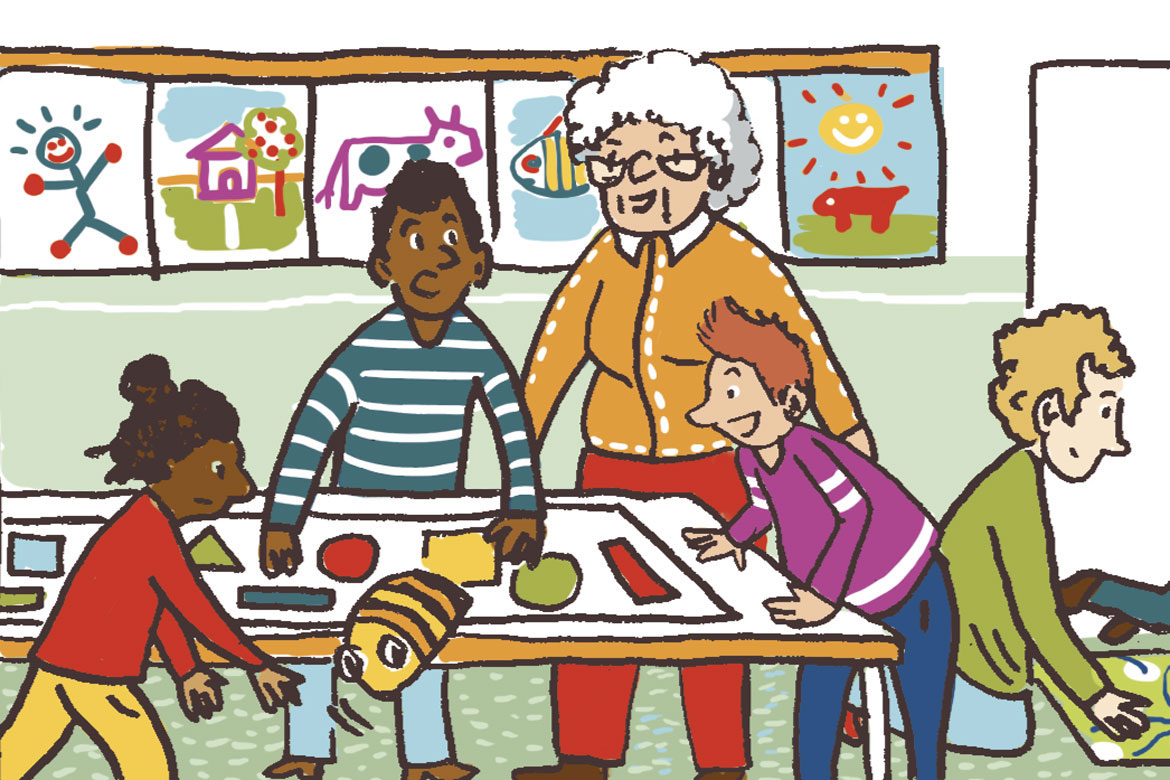
2. Other special needs – In order to meet these needs, lay people help teachers during school time – retirees, young people doing their civic service, and others who have not received any specific pedagogical training.
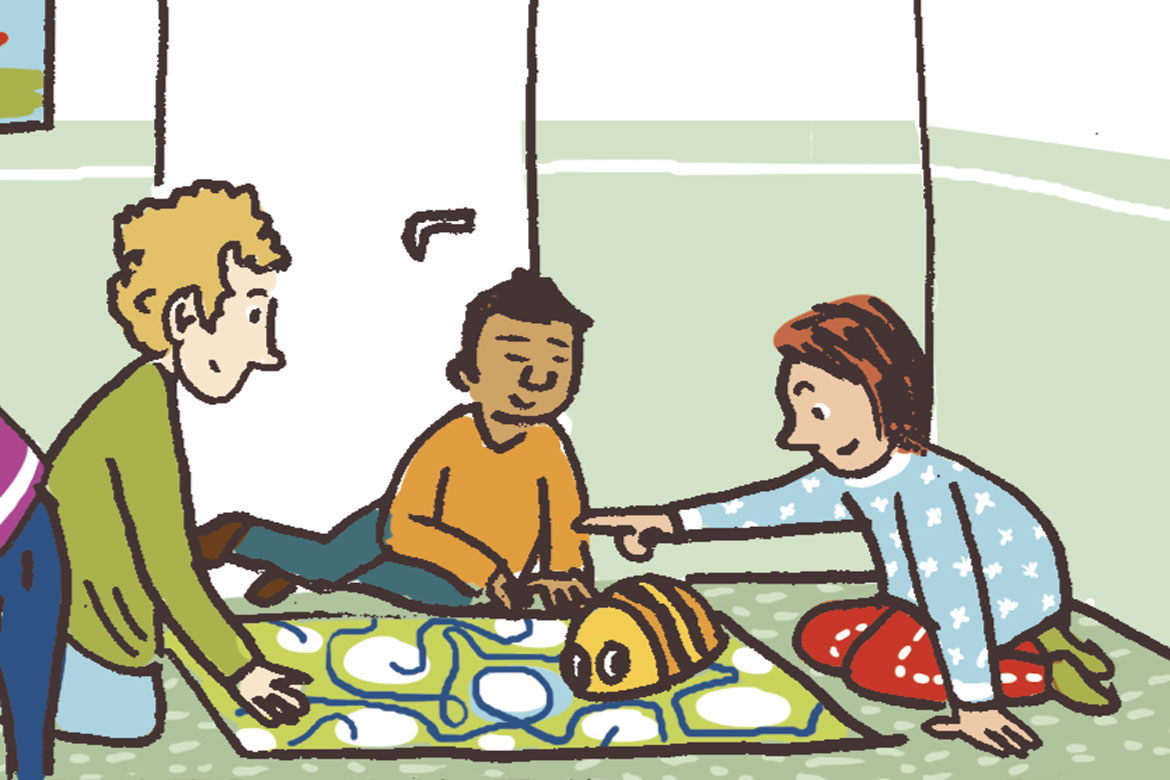
3. New technologies, new media – Experts and representatives of industry insist that children should get to grips with new technologies at an early age. Using small robots like the Bee-Bot, children can have fun while learning how an algorithm functions.
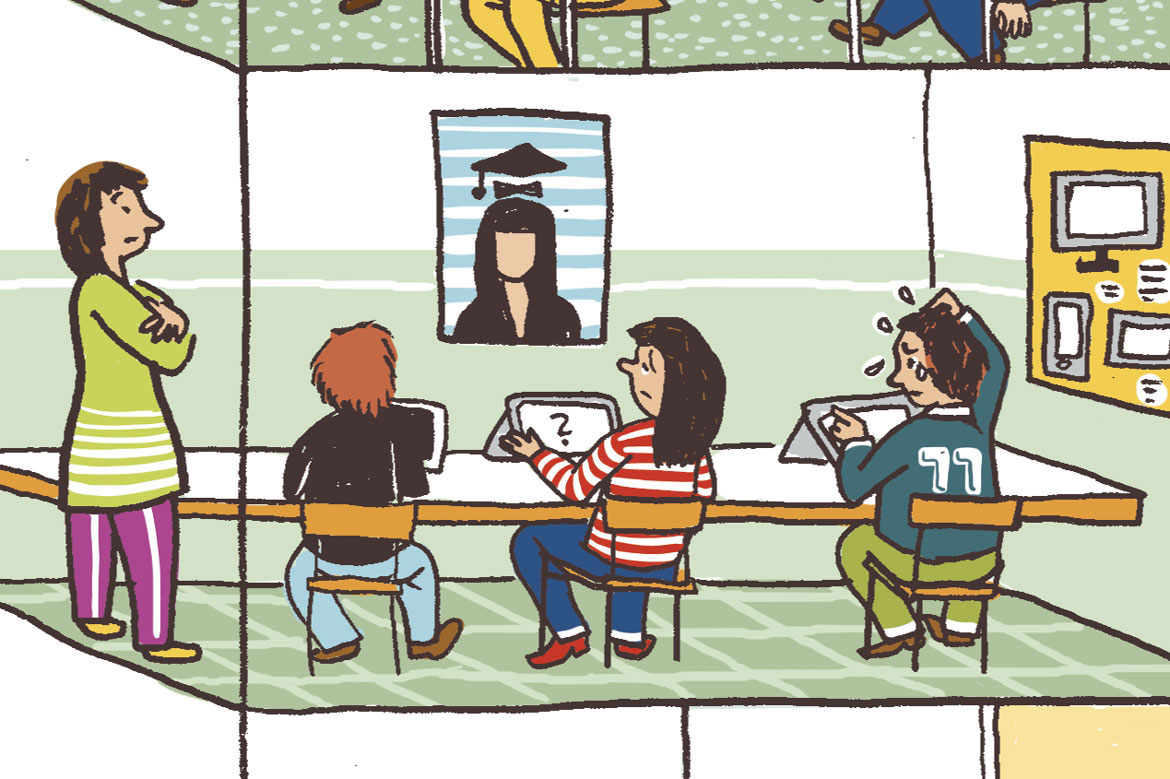
4. The needs of the universities – Even primary schools are under pressure from the universities. Quality assurance programmes such as ‘Klassencockpit’ and ‘Lernlupe’ enable teachers to compare the performance of their own class against a representative sample.
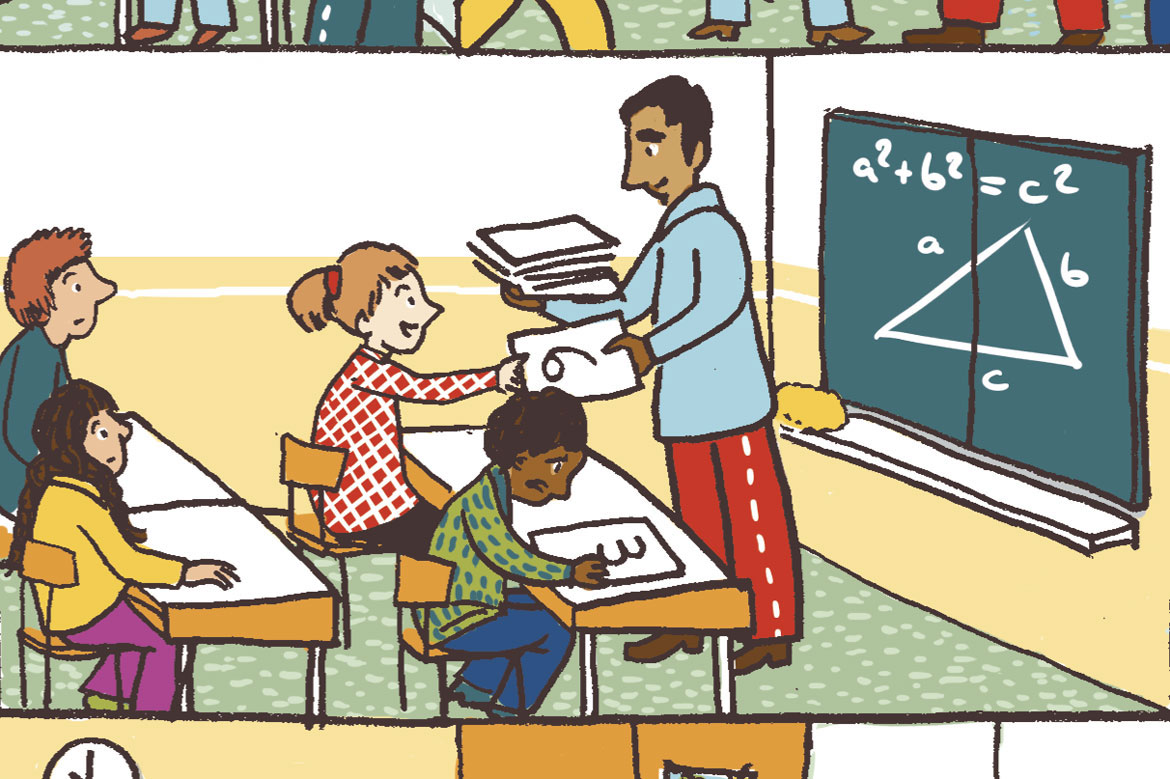
5. Outcomes, not origins – Researchers are critical of the fact that selection at schools still reflects the origins of pupils, not their actual abilities.
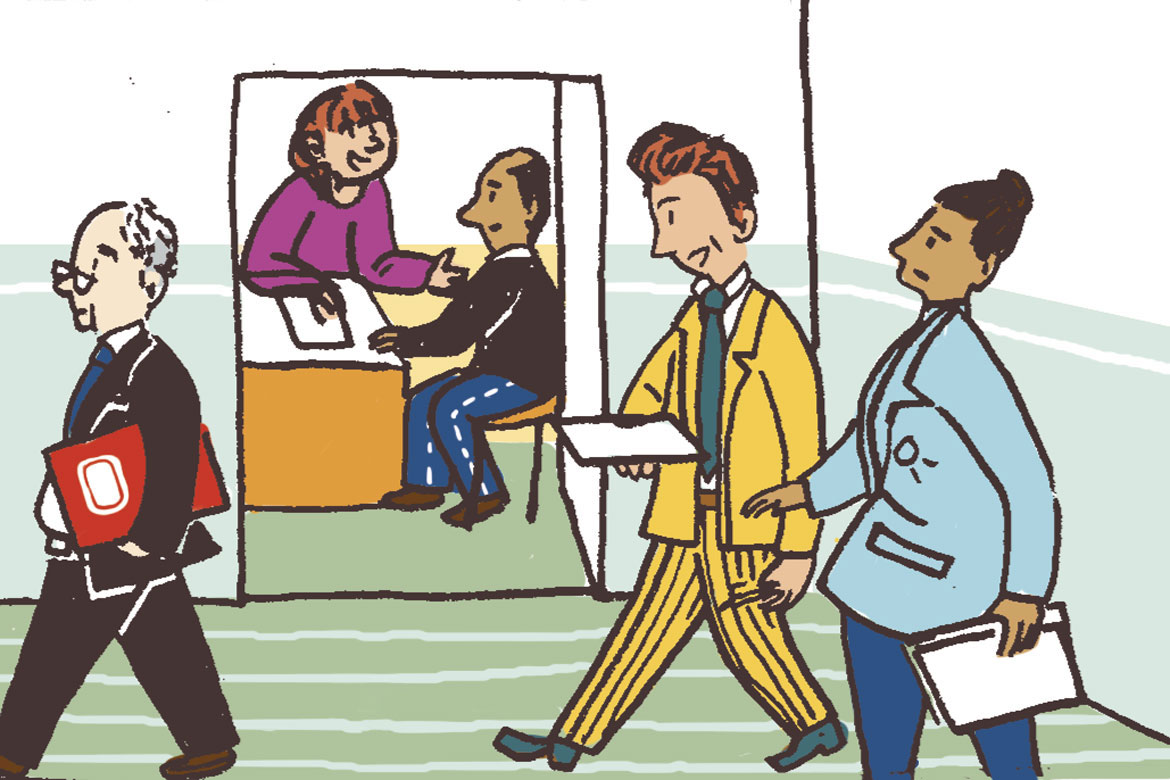
6. Evaluation – The Swiss education authorities have become professionalised in recent decades. School head teachers now give teachers feedback about their teaching, and outside experts appointed by the state make school visits.
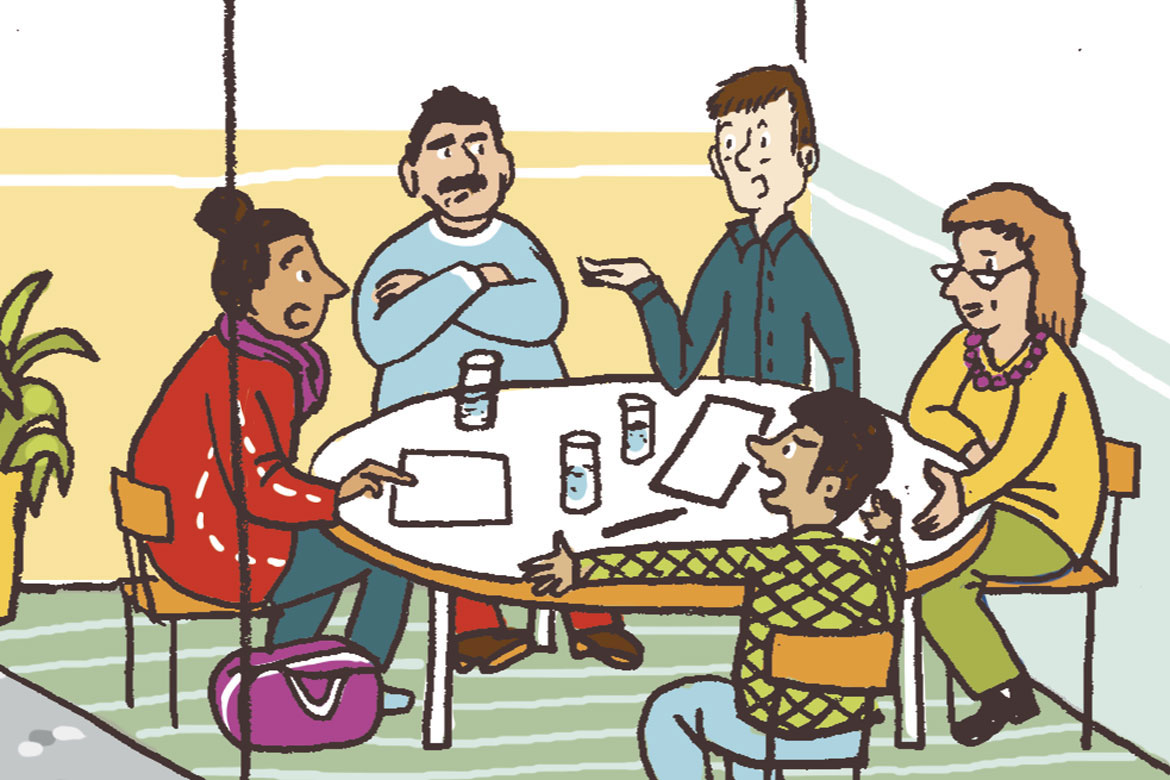
7. Holistic support – In collaboration with teachers and parents, school psychologists, social workers and other experts try to solve any pending problems during regular performance reviews.
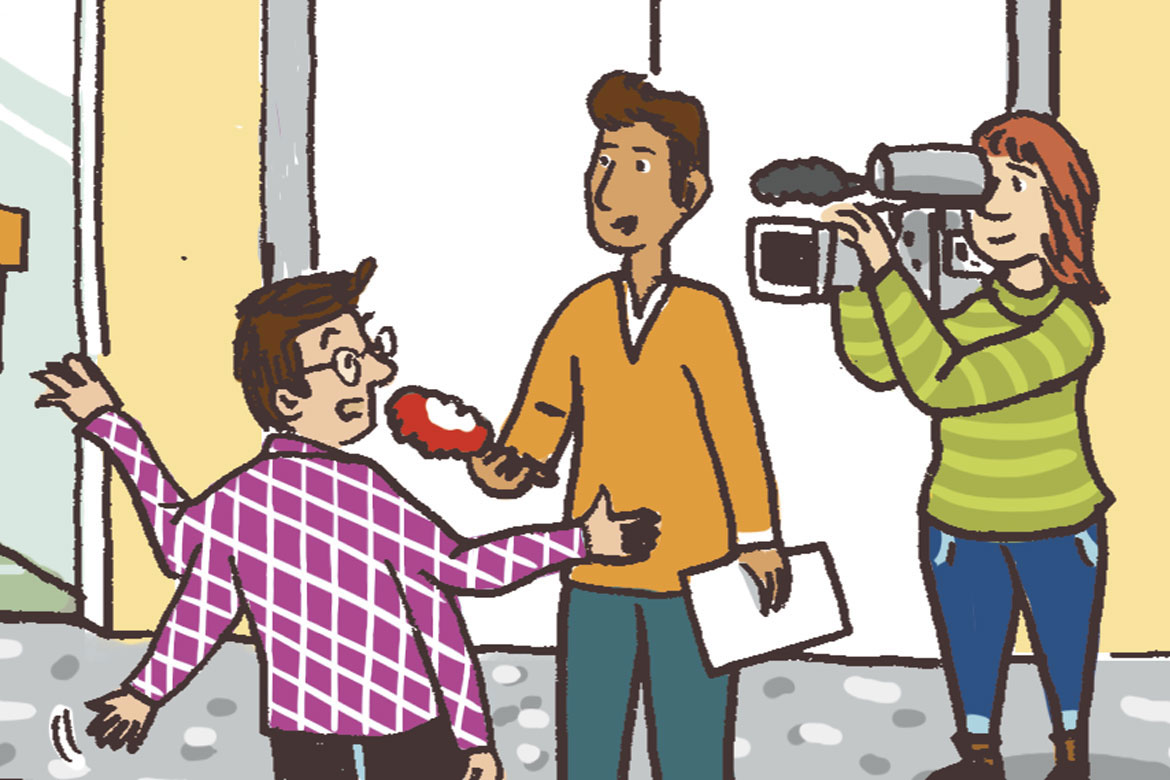
8. Media presence – Society is keeping a sharp eye on schools. If a pupil refuses to shake a teacher’s hand, it can cause national headlines, as can allowing children to stay away from school on Muslim holidays.
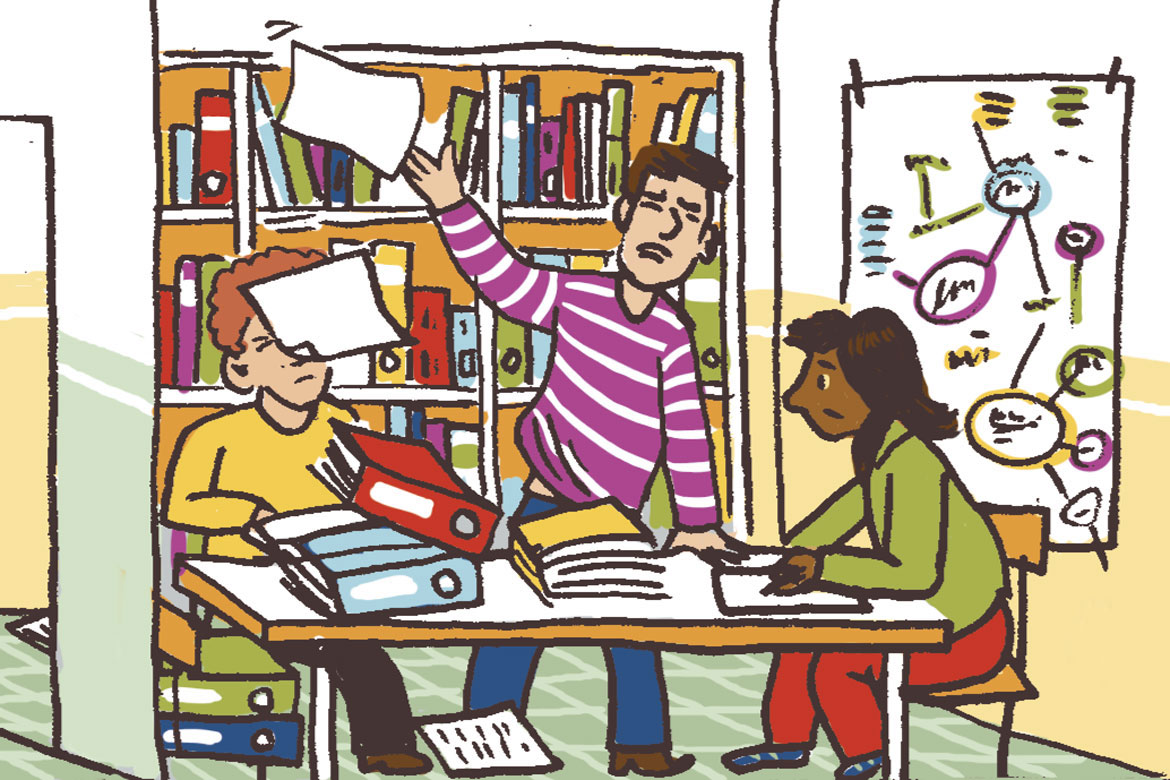
9. Coordinating everything – Teachers have to cope with all kinds of demands – from engaging with parents to self-reflection. To make this work, there has to be more cooperation.
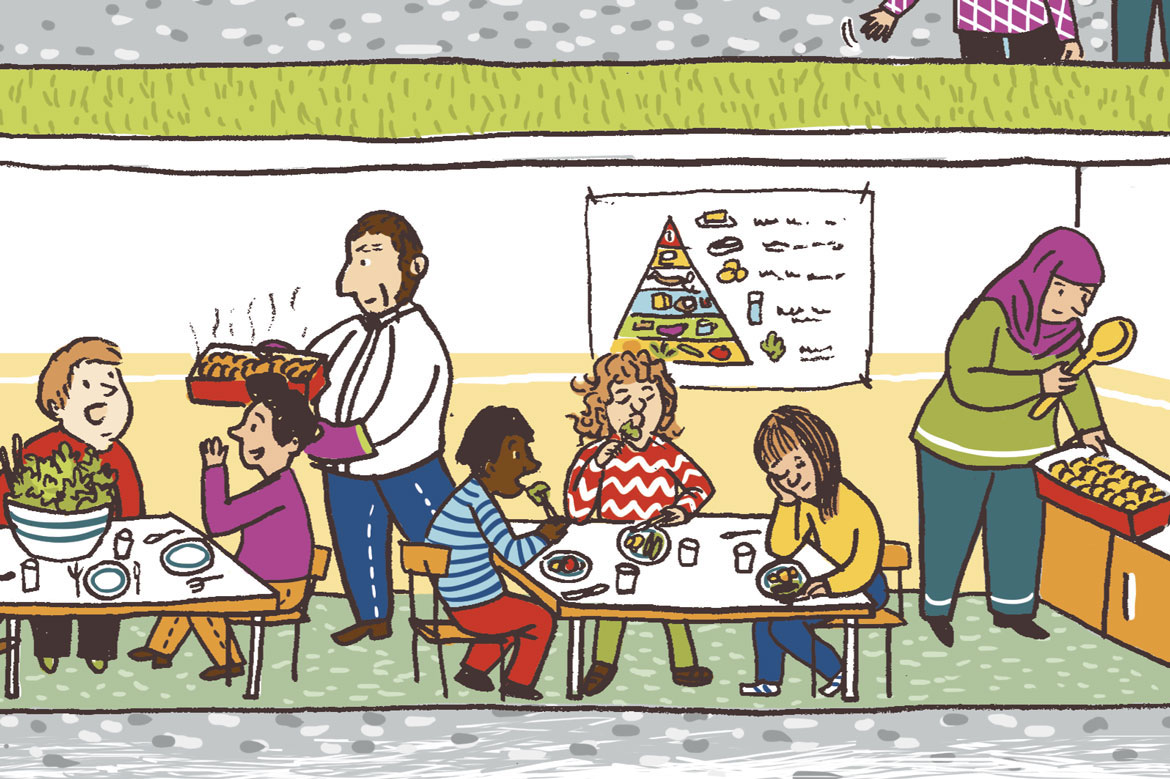
10. Day-care facilities – These days, mothers and fathers both work. So some cantons insist on day-care facilities being made available.
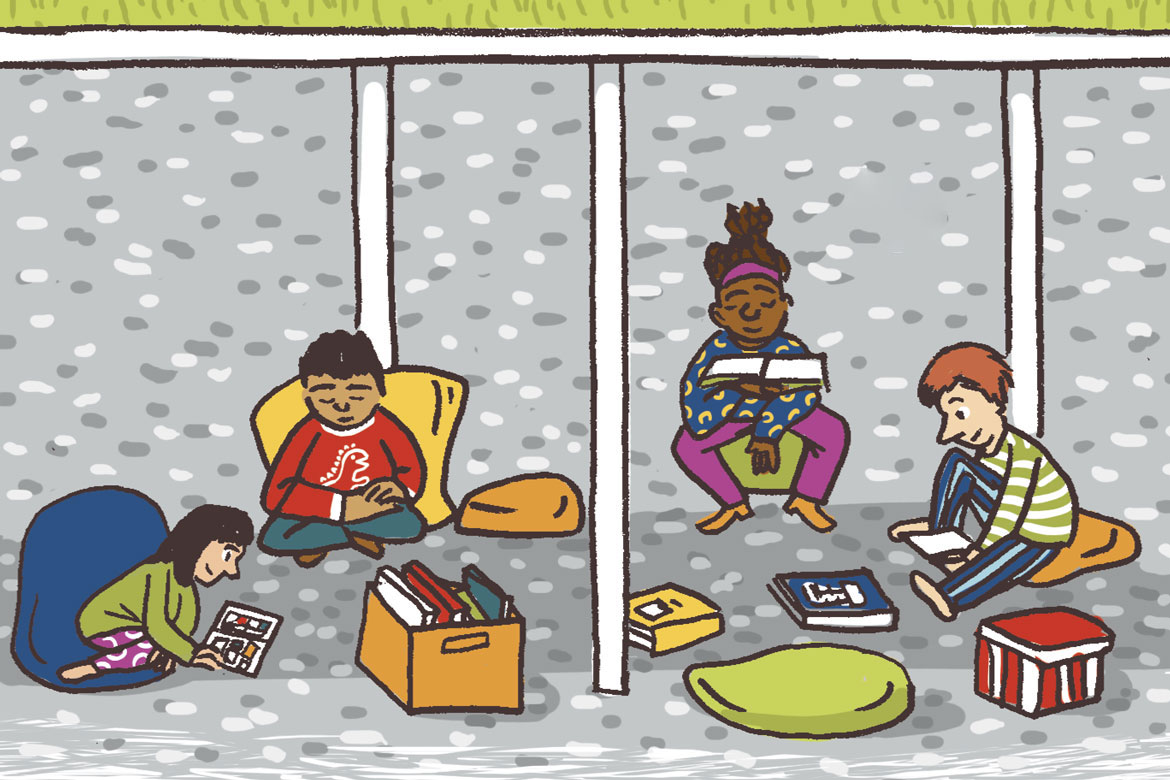
11. Literacy problems – PISA studies have shown that literacy levels among young people in Switzerland are decreasing. So promoting literacy is a prime goal for schools.
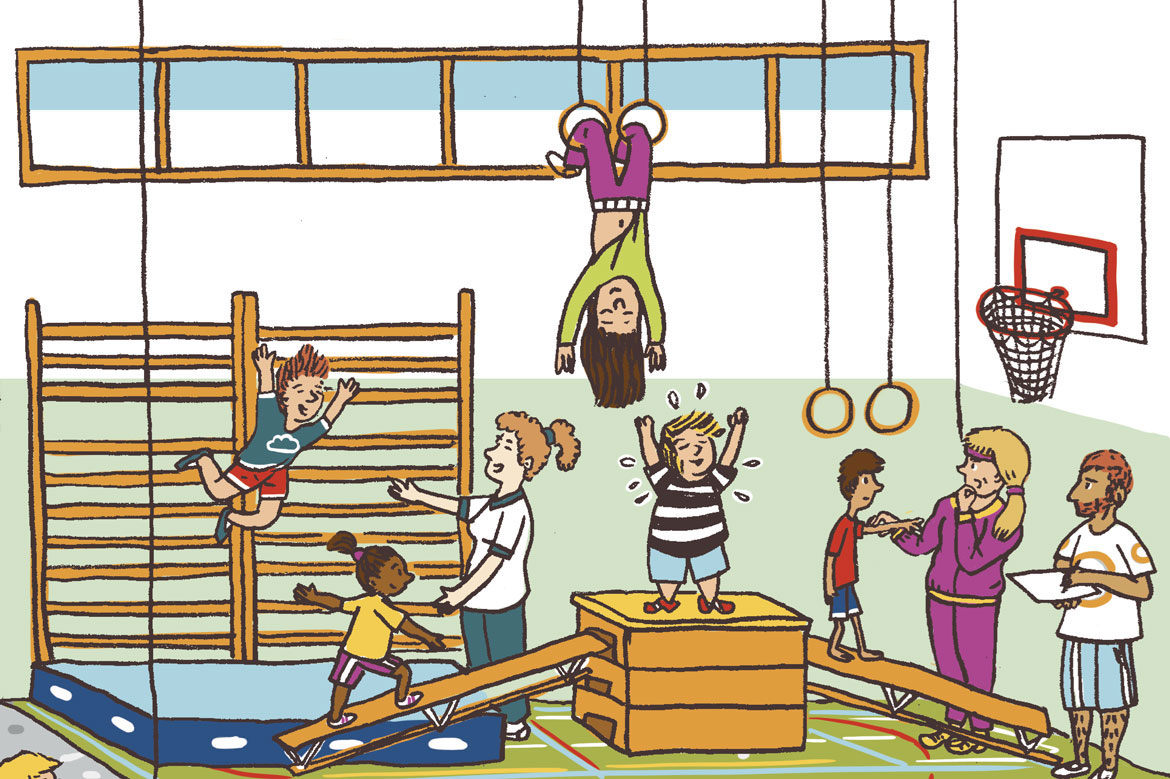
12. Health – Children should eat a balanced diet and get a lot of exercise. Nationwide initiatives in Switzerland are helping to standardise and monitor the BMI of children at school.
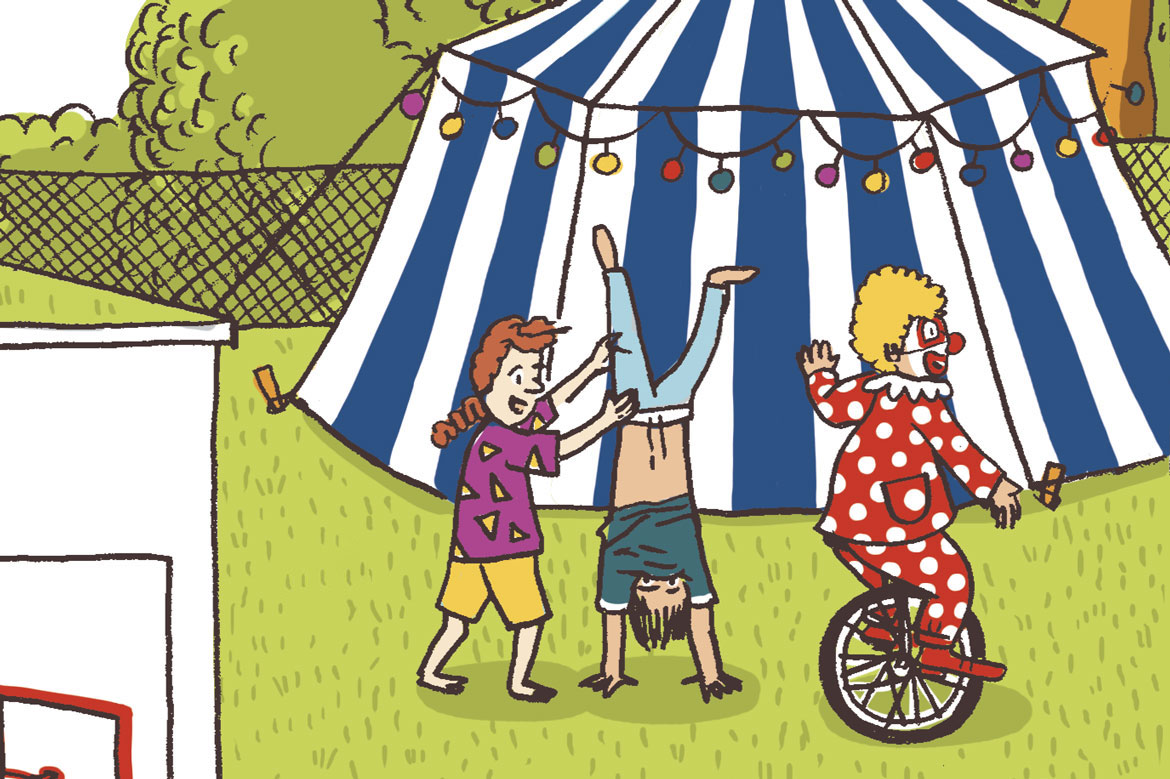
13. Extracurricular learning – During project weeks – such as on the topic of the ‘circus’ – children can learn new skills for the outside world.
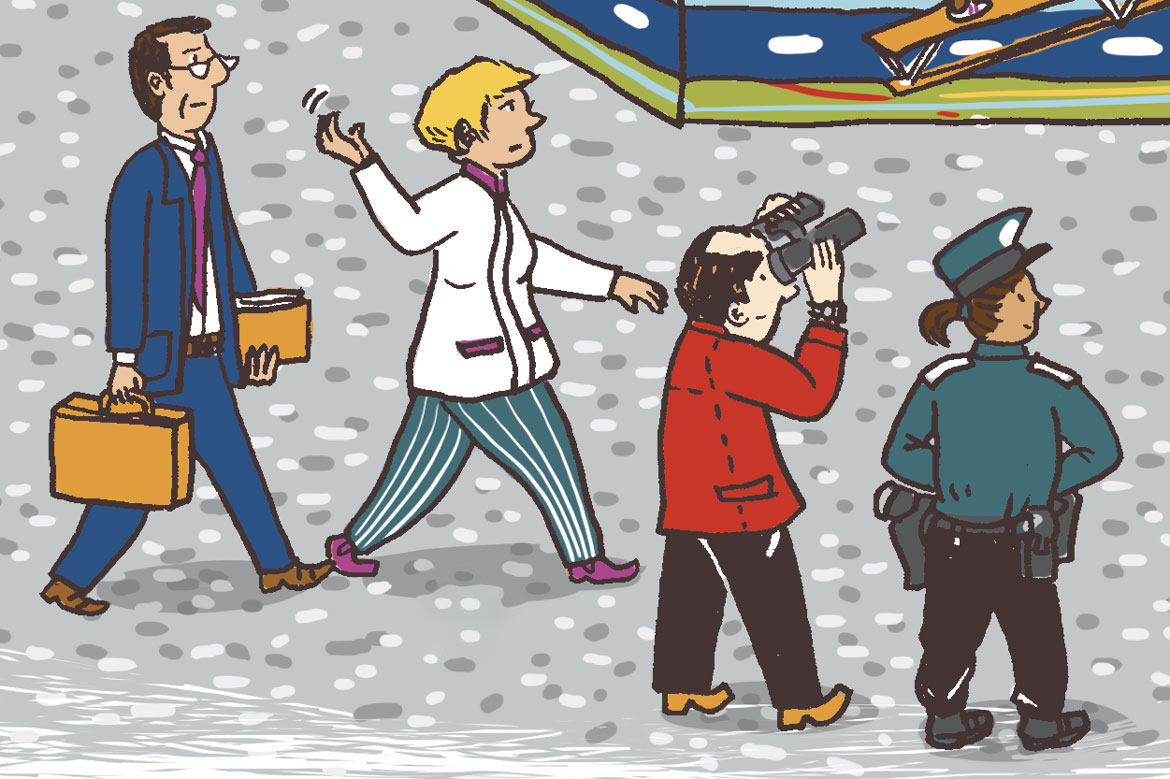
14. Lawyers – Some parents want to control everything and even threaten schools with legal action if their children don’t get the marks they think they should.
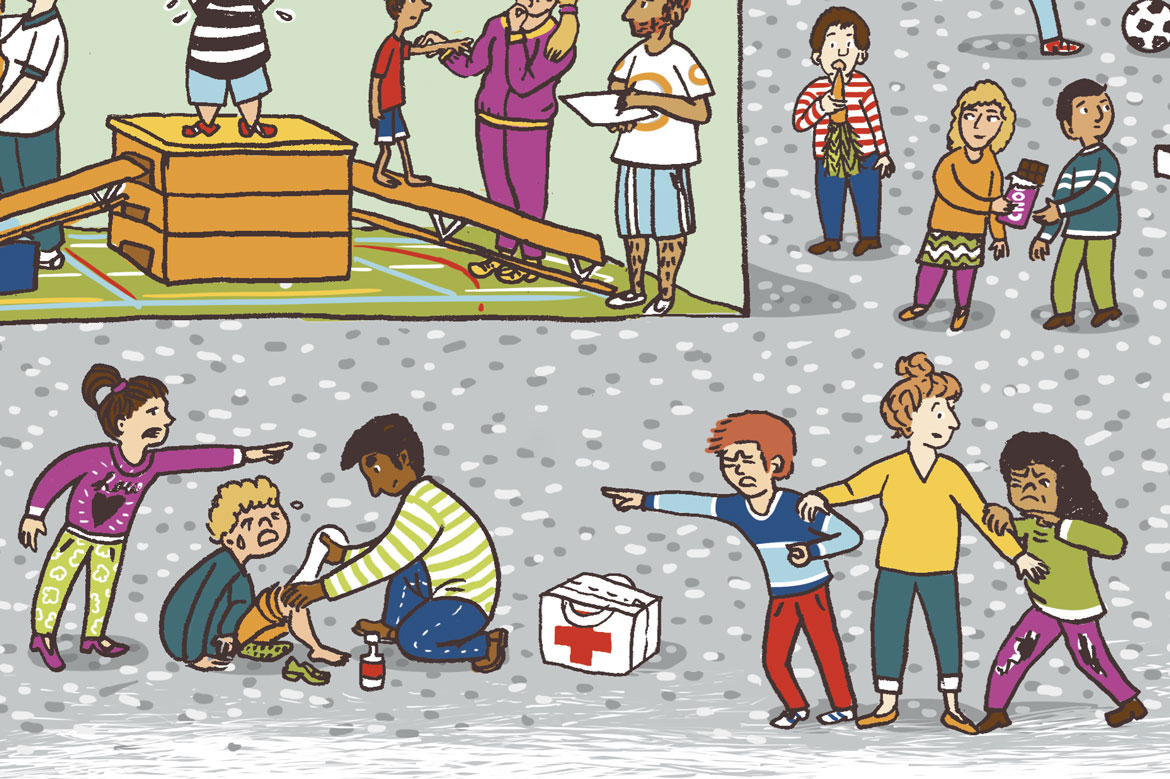
15. Freedom on the playground – Children should take on responsibility. In ‘peer-mentoring’, older children work as peace-makers or Samaritans.



















